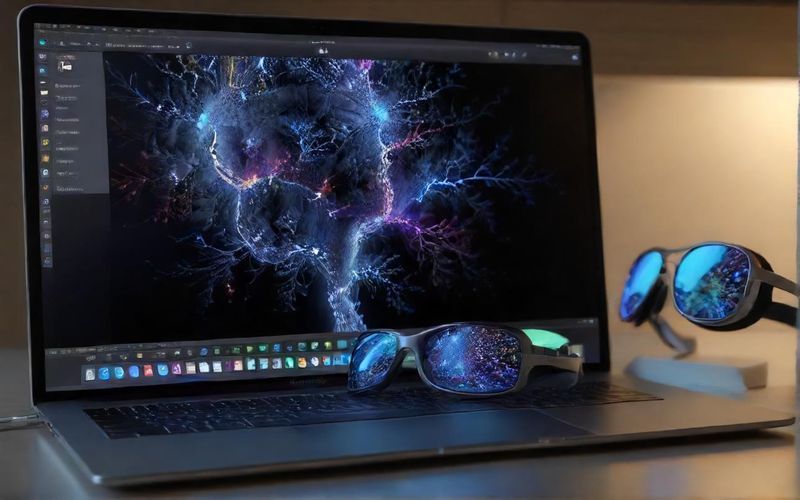IonQ Quantum Leap: What's Next for Stock?

What's particularly interesting is the sheer variety of approaches being taken. As reported by The Motley Fool, while many are focusing on superconducting quantum computers, IonQ is charting a different course with its trapped-ion technology. The beauty of this method, as I understand it, is that it doesn't require extreme sub-zero temperatures, making it potentially more accessible and commercially viable. Plus, IonQ seems to be setting accuracy records, which is a pretty big deal when you're talking about harnessing the power of quantum mechanics for real-world problems. Imagine the implications for fields like drug discovery, a partnership IonQ already has with AstraZeneca, as detailed in their reporting. They're even talking about advancements that could lead to 20x improvements in workflows. It's enough to make you wonder about the future possibilities.
Of course, this isn't a guaranteed path to success for every company. The quantum computing landscape is still very much a race, with plenty of room for both breakthroughs and stumbles. We're seeing companies like D-Wave Quantum focusing on specific problem-solving applications using quantum annealing, and Rigetti Computing pushing the boundaries with their superconducting approach and multi-chip systems. Each has its own unique strengths and challenges.
The sheer potential of quantum computing, however, is hard to ignore. McKinsey & Company projects a market that could reach $87 billion by 2035, and honestly, that might be just the beginning. The idea that a $10,000 investment today could, potentially, become a million dollars down the line is certainly captivating, though as The Motley Fool points out, it's a daunting prospect that requires significant growth. Still, seeing IonQ's rapid revenue growth and their substantial cash reserves with no debt gives one pause. It makes you think about what kind of world we might be building with this technology.
So, as we watch these pioneers navigate this uncharted territory, the question remains: which of these approaches will ultimately win out, and how will this profound technological shift reshape our future?









